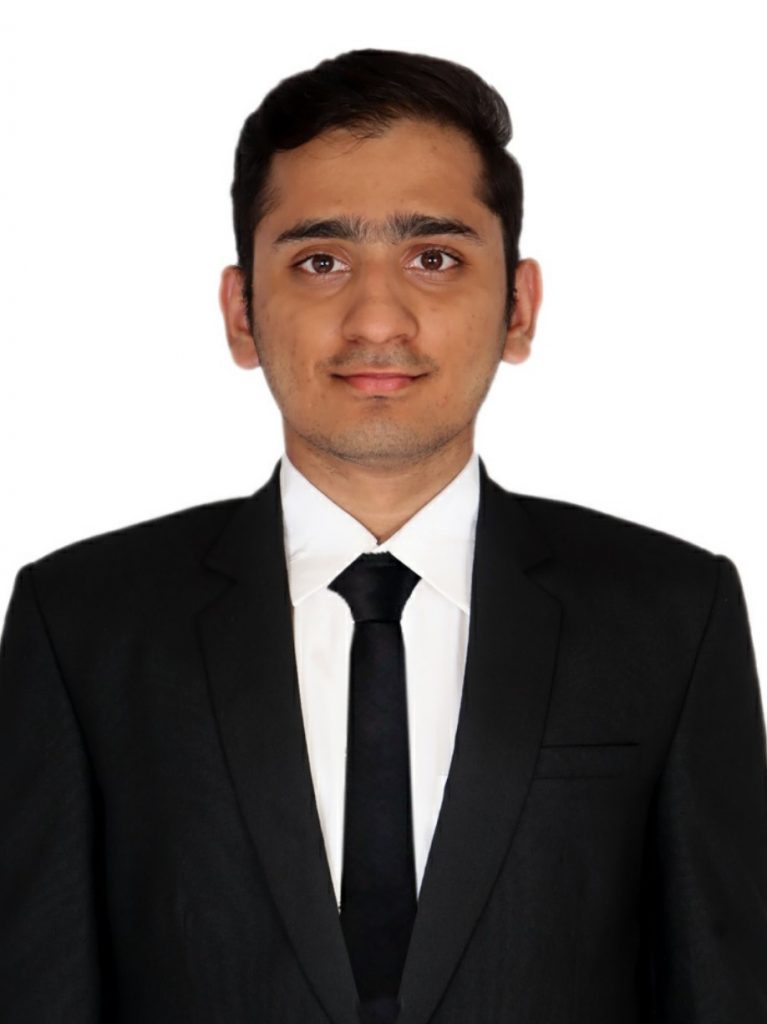GK is broadly divided into two parts: static, the scarier one, and current, which is the interesting one. First, let’s talk about static GK. It is pretty well known that there is no end to what one can study for static GK. Questions can come from anywhere and everywhere; the best thing aspirants can do is cover as many bases as they can. If you are a person who has no background in preparing for government exams, like me, this might prove difficult for you. I divided static GK into history, polity, world, arts, literature, economics, businesses, books, authors, etc. I used five days in the week to read about these topics and make notes, and the weekends were kept reserved for revising them. Remember, if you do not revise things from time to time, then come exam day, there would be an overload of information unless a friend like Jaadu from koi mil gaya has given you some special powers to remember everything in one read that I did not get.
All these were very general points, now let’s talk about the specifics.
- First of all, for gathering information and making notes, I took the help of YouTube videos and various sites that help people prepare for government exams. These were enough to get the facts on which kind of multiple-choice questions can be asked in TISSNET. If you want to go more in detail, then there are various books available in the market.
- It is always good to use a bit of imagination while trying to memory-heavy topics like geography and use visualization to help your cause.
- To remember some dates and numbers, I would take a given topic, for example, Mughals in India, and then frame rhymes and songs of all dates and events related to that topic. This strategy worked for me, and it might not work for you, so I suggest you keep it personalized.
- I want to highlight that it would be helpful if one goes in chronological order while preparing for history. For example: In Indian history, you can start from ancient and medieval history, then move to significant dynasties like Maurya’s and Mughal’s, and then to British rule and post-independence history
- There are some topics like UN organizations, World Leaders, National Leaders, Prominent Books and Authors, World Records, etc., from which there is a likelihood of questions being asked. Make sure you are well prepared for topics like these.
Now let’s move to current affairs, which are comparatively easier to remember. Keeping up to date with current affairs will be helpful in the exam as well as the later stages of the selection process, like interviews and GDs. If you have a habit of keeping up to date with various current affairs and world events, this part will be pretty fun and easy for you. If not, then these are the things that helped me.
- I think most of know that reading newspapers will be the best option for preparing for current affairs, but if you are close to exam and short of time to read newspapers of last one year, then watching YouTube videos of newspaper analysis would be a good option. This would not only help in TISSNET but would be of great help for GD-PIs.
- You can also download monthly GK capsules from any site or watch YouTube videos for the same.
- Like static GK, there are also some topics in current GK which are more likely to come in the exam. Some of these topics are changes in world leaders, heads of companies, India’s rankings in various global indexes, latest books released, winners of multiple tournaments, awards like Oscars, Nobel prize, Pulitzer Prize, etc. These topics are easy to learn and can prove high scoring in exams. Hence, it is advisable to prepare them well.
Conclusion
Some of these things might work for you; some might not, as everyone’s situation is different. The most important thing to do in this preparation process is to give your best and enjoy the process.
Preparing for TISSNET GK may seem like a lot of meticulous effort, especially if you are someone like me with no history of preparing GK for any exam. But trust me, if you get into the institute, all this effort will be more than worth it, not only from the point of view of your career but as an experience as a whole. Studying at TISS will be one of the best experiences in your life, and it will open many more avenues for you in the future. The diversity, learning, growth, and memories one can make in TISS are something different from a regular B-School, as TISS is not just a B school; it’s a notch above.
About the Author

Naval Khandelwal is a graduate in Management Science, now pursuing HRM & LR from TISS Mumbai. He is an avid sports fan and can be found watching or playing football in his free time.









Comments